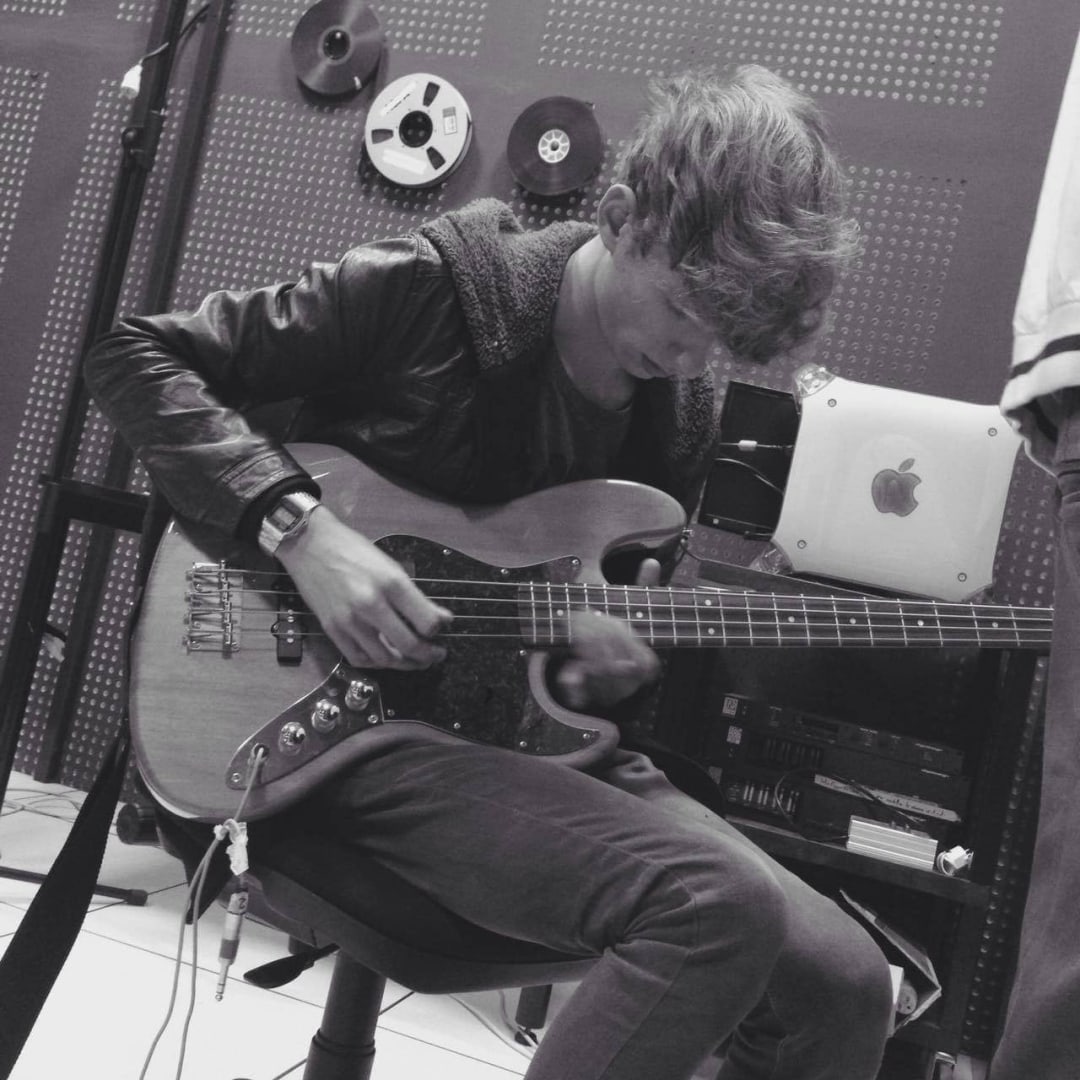Whether you pick up your instrument to simply practice it or with the intention of mastering it, the summer months and the vacation period is the perfect time to prepare yourself to get back in the swing of some serious playing.
First and foremost, no matter what your age or experience level, remind yourself that it's never too late to start. Starting early has its advantages of course as young players easily assimilate new information, but don’t let this stop your desire to pick up an instrument. Rigorous work and continuity can overcome the difficulties that accompany starting an instrument in later years thanks to brain plasticity (the ability of our brain to adapt and remodel).
Learning alone: freedom
The first temptation is to embark on self-learning, rejecting the idea that one needs the context of a school. While it's true that examples of self-taught and virtuoso artists who have shone are not lacking (Jimi Hendrix, Frank Zappa, Hans Zimmer, John Cage, Igor Saavedra, etc), this shouldn't be the sole motivator to adopt the option.
Since the dawn of the internet and mobile applications, self-teaching tools have evolved, relegating educational VHS and learning books to oblivion, even if they may remain an essential tool.
Some self-teaching tools:
- YouTube video tutorials.
- Online games allowing any user to train the ear and to better understand the scales, the chords, etc.
- Sight-reading and music theory tutorials: www.readmusicfree.com and www.teoria.com.
Limits of learning alone
The advantages of self-learning seem obvious at first: substantial amounts of money can be saved, playing what is of personal interest, at one's own speed, without fear of the slightest critique, it's normal to prefer a daily dose of practice versus the one-time short one to two hour sessions, etc.
But be careful, even with discipline and rigor, bad habits can take hold and no one will be there to point them out and correct them. As an example, think particularly about your position and the grip of your instrument.
The risk is also that you may skip, voluntarily or not, some hard parts or techniques that are easier to sidestep. As a result, you will end up playing the same thing, the same type of rhythm, etc. So when you master a technique, a way to play, do not focus on your what's easy and natural, even if it does feel good on the ego.
A connected teacher
We've already discussed certain internet sites that introduce music theory in a fun way, but there are also other online solutions that would allow you to benefit from "professional" learning, while appreciating the freedom of being self-taught.
Solutions include:
- Tailor-made classes according to theme (in order to perfect certain pedagogical objectives only),
- Visio-conference classes. Reserve a practice time according to a schedule, find exercises adapted to you and find your results in your personal dashboard after the class. Some masterclasses are even taught with some well-known and respected names, like those at www.imusic-school.com with André Manoukian, Maxime Le Forestier or André Ceccarelli. There is also the option of www.mymusicmasterclass.com.
The advantages of these online teaching solutions is that you can choose the one that's best suited to your musical style, your capabilities and your specialities. For example, you can work specifically on folk-style with a teacher that specializes in this type of music.
Private lessons
The ideal for musicians is to practice during dedicated lessons alongside a dedicated teacher. Exchange and adaptation are at the center of any relationship with your teacher.
Practice sessions alongside a teacher allows teaching to be adapted:
- to your needs (you choose the length and frequency of the lessons),
- at your level, whether you are a total beginner, intermediate or confirmed musician,
- and to your favorite musical genre.
The other important advantage is that, whatever your motivation, being followed by a teacher, week after week guarantees regularity... which equates to.... progress!
Group classes
Open to all, workshops are often available to students already enrolled in lessons and classes and are designed for those who wish to be part of a musical group, to get out of individual learning and to test their know-how in in company with other instruments, thereby working on implementation, sound research, harmony and even improvisation. These classes have largely modernized in recent years and are open to contemporary music and even street music.
Schools: public, private and conservatory
A school promises quality education, provided by qualified teachers, all of which lends to excellence. These schools also open up prospects for eventually working in the musical field. Theory and practice are approached with the same commitment and the same thirst for challenges. Finally, prices are often regulated and affordable in the public sector whereas in the case of private schools, rates range.
In certain conservatoires, teaching is done according to cycles of progression and passing an exam is required in order to progress to the next level.



